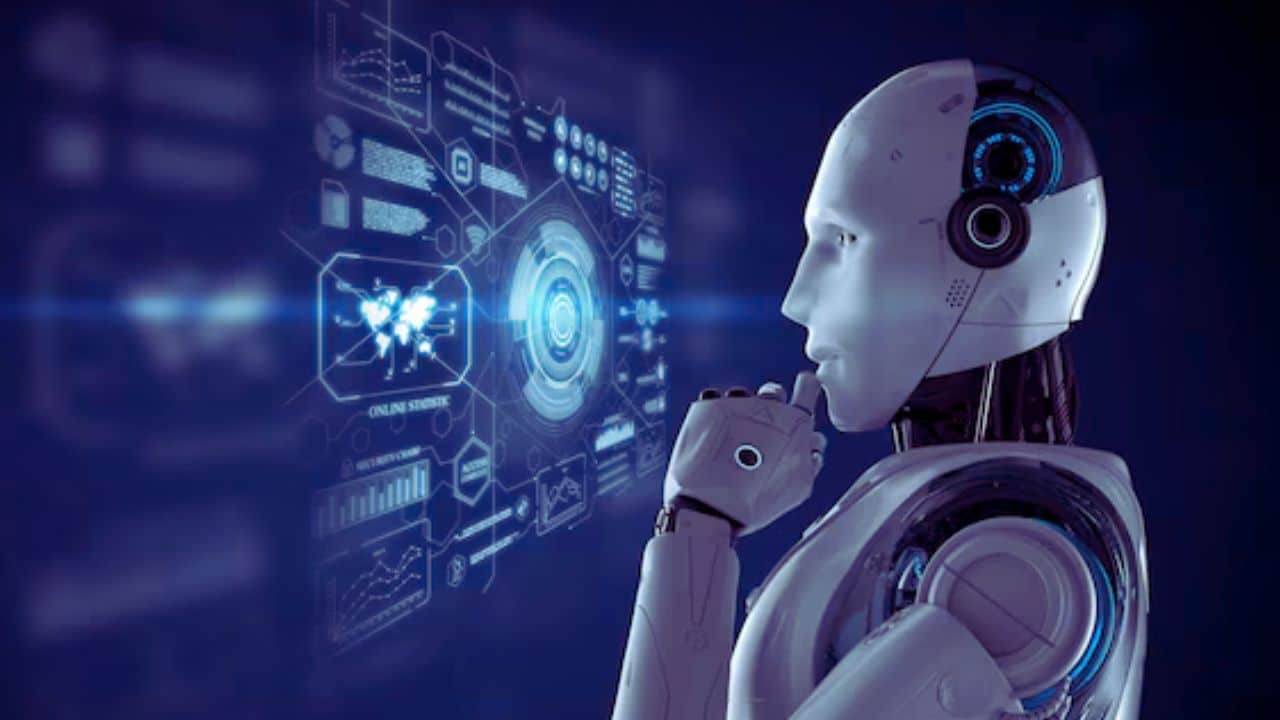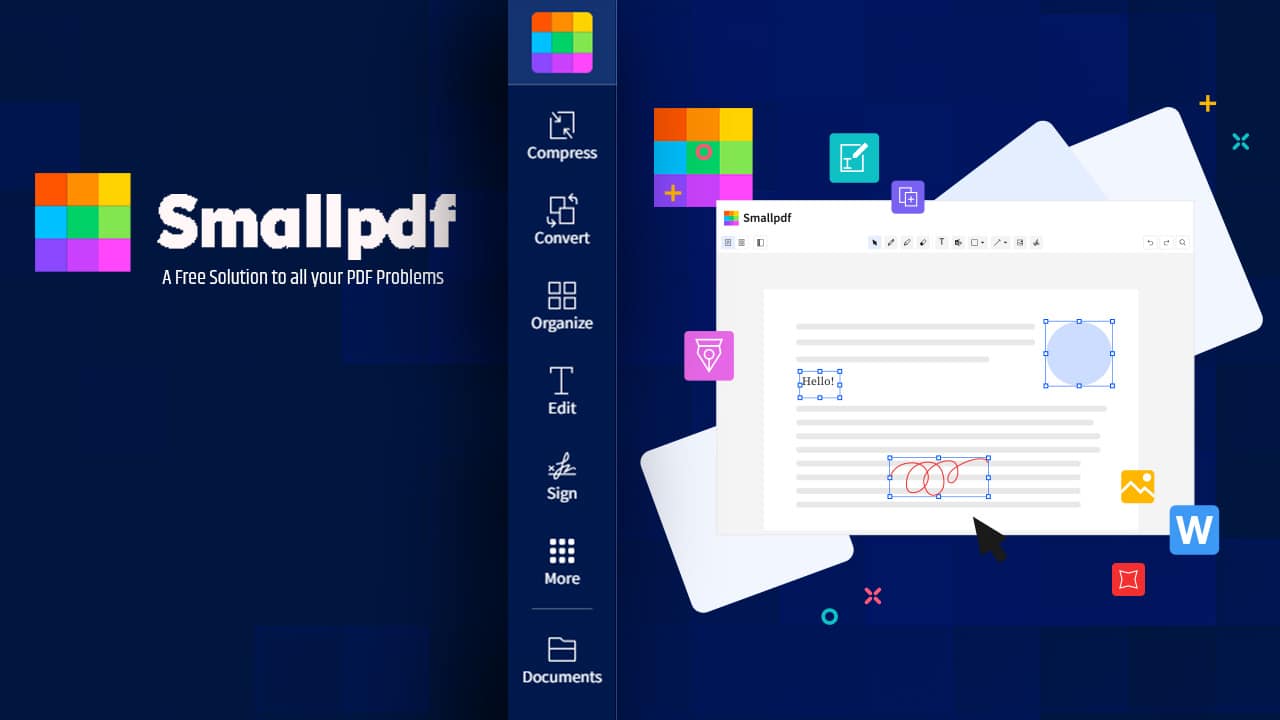Can computers detect the presence of life on distant planets? To a certain extent, they already are.
Sensors aboard spacecraft investigating other planets can discover chemicals indicative of alien life. Organic compounds that hint at exciting biological processes, however, are known to decay over time, making their presence impossible to detect with existing technology.
However, a new artificial intelligence (AI)-based technology is now capable of detecting small variations in molecular patterns that imply biological signals – even in samples hundreds of millions of years old. Even better, according to current studies, the process produces outcomes with a 90% accuracy.
In the future, this AI system might be included in smarter sensors aboard robotic space explorers such as moon and Mars landers and rovers, as well as spacecraft circling potentially habitable worlds like as Enceladus and Europa.
“We began with the idea that the chemistry of life differs fundamentally from that of the inanimate world; that there are ‘chemical rules of life’ that influence the diversity and distribution of biomolecules,” said Robert Hazen, co-author of the new study and a scientist at the Carnegie Institution for Science in Washington D.C. “If we could deduce those rules, we can use them to guide our efforts to model life’s origins or to detect subtle signs of life on other worlds.”
The novel method is based on the concept that the chemical processes that govern the formation and function of biomolecules vary fundamentally from those that govern the formation and function of abiotic molecules in that biomolecules (like amino acids) retain information about the chemical processes that created them. According to the latest study, this is also likely for alien life.
Life on any planet may make and consume greater quantities of a few substances to function on a regular basis. This would set them apart from abiotic systems, and it is these characteristics that AI can detect and quantify, according to the researchers.
The team began by training the machine learning algorithm with 134 samples, 59 of which were biotic and 75 of which were abiotic. The data was then randomly divided into a training set and a test set to validate the method. The AI approach correctly detected biotic samples from living objects such as shells, teeth, bones, rice, and human hair, as well as ancient life preserved in fossilized fragments made of coal, oil, and amber.
According to the latest study, the program also detected abiotic materials such as lab-created substances like amino acids as well as carbon-rich meteorites.
The new AI technology may be used to investigate the 3.5 billion-year-old rocks in Western Australia’s Pilbara area, where the world’s oldest fossils are thought to occur, almost instantly. These pebbles, discovered in 1993, were supposed to be the fossilized remains of germs similar to cyanobacteria, the earliest living organisms to produce oxygen on Earth.
If confirmed, the discovery of bacteria so early in Earth’s history indicates that the planet was conducive to thriving life considerably sooner than previously assumed. Those discoveries, however, have remained disputed, as research has repeatedly pointed out that the data might potentially be attributable to pure geological processes unrelated to ancient life. Perhaps AI has the solution.
This study was presented in a publication published in the journal Proceedings of the National Academy of Sciences on Monday (Sept. 25).







































